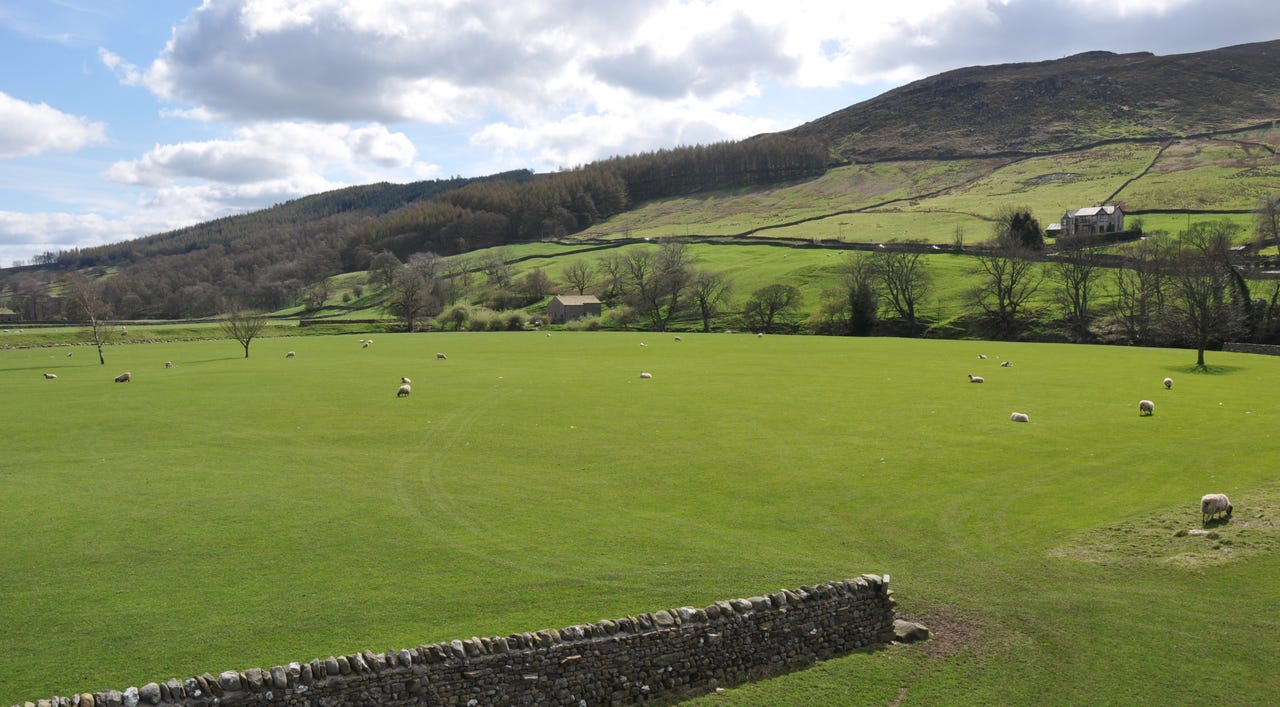What went wrong with the UK government's £154m 'agile' online computer service?


Previously, the RPA had insisted that farmers would only be allowed to apply online. It had refused pleas to allow the paper-based alternative, despite complaints from users and warnings in a parliamentary debate last summer.
British government computer disasters are so common that they barely merit attention, but the RPA - part of the Department for Environment, Food and Rural Affairs (Defra) - is a serial offender. The last time it introduced a new system, following changes in the European Union's Common Agricultural Policy in 2005, it was a disaster. A £76 million Oracle-based system ended up costing the government £350 million, plus fines.
Defra and Grimshaw, the RPA's new chief executive, knew they couldn't afford to make the same mistakes again. So they made different ones.
Many British government computer disasters have been the result of incompetent managers (including politicians) who commissioned enormous systems from a handful of giant suppliers such as Accenture, EDS, Fujitsu, IBM, Siemens and so on. This has led to systems that were late, over budget, and worked badly when launched.
With the backing of the new Government Digital Service (GDS), the RPA went in a different direction. It embarked on an agile development process using several smaller suppliers, and rolled the system out gradually. It started with an incomplete system and a small number of users, gradually expanding its reach as it fixed problems. Continuous improvement? Yay! How could anything go wrong?
And with deadlines approaching, the service kept going down for upgrades, sometimes for days at a time.
When announcing the return to paper maps, the RPA said: "While the core and registration parts of the Rural Payments system are working well, there have been performance problems with the online interface that farmers and agents use." Grimshaw conceded that it was the interactive mapping and markup functions that had finally made the system unusable. He said that was the part that was being abandoned, never to return.
The mapping software problems were compounded by the fact that most farmers live in rural areas - what a surprise, right? - with slow or no broadband, and sometimes no mobile phone coverage either. For example, in the parliamentary debate, Labour MP Helen Goodman had said that 40 percent of the farmers in her Bishop Auckland constituency didn't have broadband.
Why did anyone think it was a good idea to implement an interactive mapping service for dial-up users with limited IT skills? And why make such a project a standard-bearer for the UK government's "digital by default" approach to essential services?
The RPA staff have done their best with helplines, webinars, and hands-on help at 50 support centres, but the cost of failure must be mounting up. In an interview with Farmers Weekly in 2011, Grimshaw said it cost £1,034 to administer each payment in 2009-10 (as calculated by PricewaterhouseCoopers), and that was with the old, increasingly-well-honed computer system. With more than 100,000 farmers to pay, the admin cost could now be anything from £100 million to £200 million.
In an interview with Civil Service World in 2013, Grimshaw - an ex-RAF man - explained how he had smartened the place up (no more shorts, flip-flops, or bare midriffs). He said: "We told people they are at a point where you either go left and everything is seen as successful, and we deliver what we set out to deliver; or we go right and it is chaos, we don't do what we're supposed to do, the agency remains the black sheep of the Defra family, and essentially we will get sacked. So you're either going to be really successful or it's going to be a disaster. And as it turns out, so far it has been really successful."
And now, as it turns out, it hasn't.
Read more